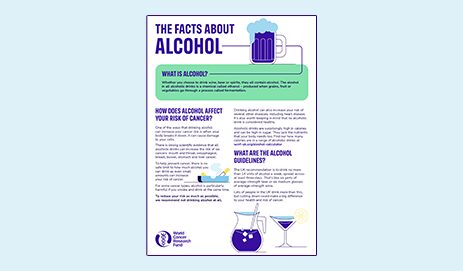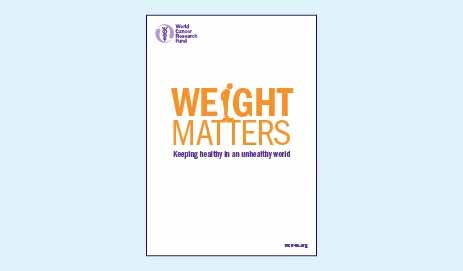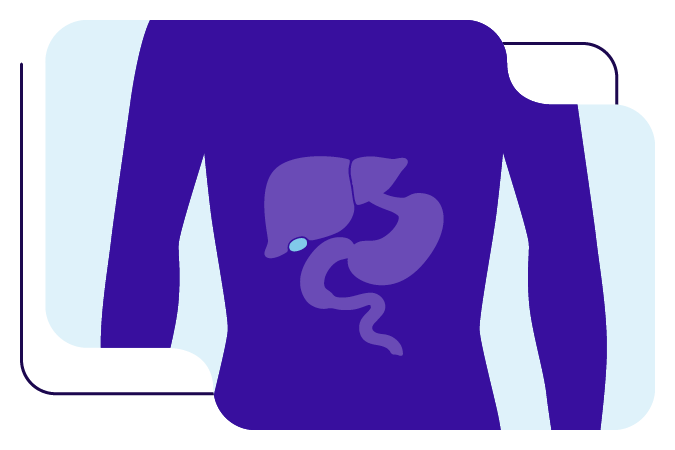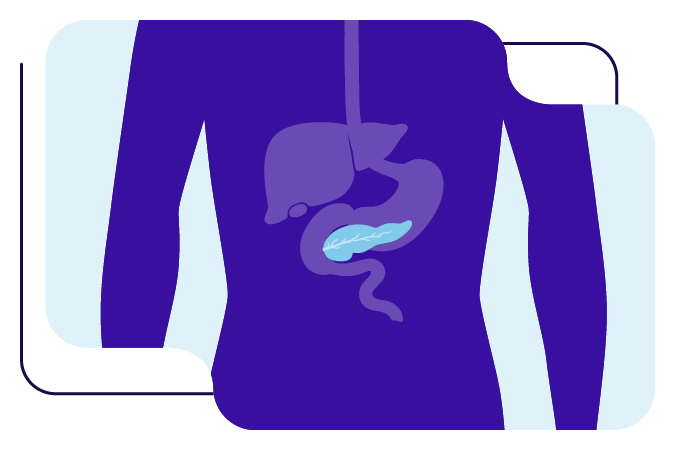Stomach cancer
What is stomach cancer? Find out how common it is, the causes, and expert advice on how to reduce your risk.
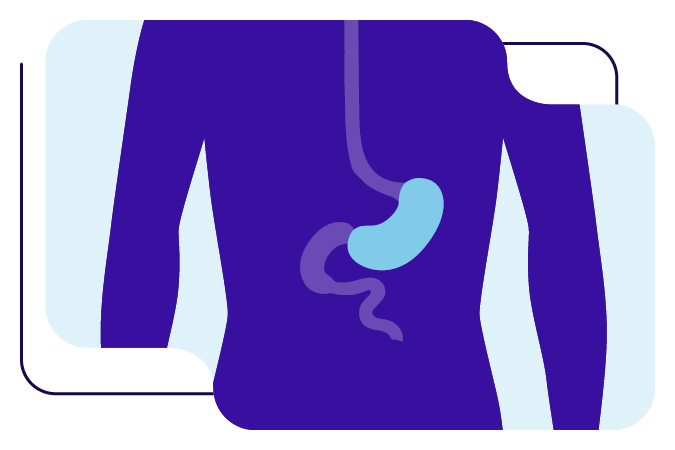
On this page
What is stomach cancer?
The stomach is part of the digestive system between the food pipe (oesophagus) and the bowel. It helps to break down food by secreting enzymes and gastric acid. Chewed food is stored in the stomach before moving to the small intestine.
Most stomach cancers develop in the lining of the stomach. There are 2 types of stomach cancer:
- cardia (at the top of the stomach where it meets the oesophagus)
- non-cardia (the rest of the stomach)
How common is stomach cancer?
Stomach cancer is the 15th most common cancer in the UK (2021 data), and the 5th most common in the world (2022 data).
Men
Stomach cancer is the 12th most common cancer in men in the UK, and the 4th most common in men globally.
Women
Stomach cancer is the 17th most common cancer in women in the UK, and the 7th most common in women globally.
| Region | Cases | Year |
|---|---|---|
| UK | 6,813 | 2021 |
| World | 968,784 | 2022 |
What are the signs and symptoms of stomach cancer?
Stomach cancer can have different symptoms, many of which can also be caused other, less serious, conditions.
- heartburn or acid reflux
- problems swallowing
- feeling or being sick
- indigestion, or burping a lot
- feeling full very quickly when eating
- loss of appetite or losing weight without trying to
- a lump at the top of your tummy
- pain at the top of your tummy
- feeling tired or having no energy
Find more information on stomach cancer symptoms on the NHS website.
Help for you
Our free health guides and cookbooks empower people to reduce their risk of getting cancer. We also help those with a diagnosis cope with treatment, live longer, and enjoy a better quality of life.
Order yours today!
What causes stomach cancer?
There are many different things that affect your risk of stomach cancer.
Evidence for what can cause stomach cancer comes from large population studies (called epidemiology) and biological studies (where scientists look at cells in a laboratory).
If the risk factors below affect you, this doesn’t necessarily mean that you will develop stomach cancer.
Alcohol
Drinking 3 or more alcoholic drinks a day increases the risk of stomach cancer.
Weight
Living with overweight or obesity increases the risk of stomach cancer.
Salt-preserved food
Eating a lot of salt-preserved foods increases the risk of stomach cancer. This mainly relates to salted or dried fish and pickled vegetables eaten in east Asia.
Smoking
Smoking increases the risk of stomach cancer. Around 11% of cases worldwide are caused by tobacco.
Occupational exposure
Certain work environments increase the risk of stomach cancer, especially dusty and high-temperature environments. These include:
- wood processing
- operating food machines
- rubber manufacturing
- coal mining
- metal processing
- chromium production
Infection
Helicobacter pylori infection is a cause of non-cardia stomach cancer.
Infection with Epstein-Barr virus is being investigated as a cause of stomach cancer.
Gender
Stomach cancer affects twice as many men as women. This is likely because of smoking, alcohol and exposure to other risk factors rather than gender in and of itself.
Age
People aged 55 or older have a higher risk of stomach cancer.
Other risk factors
Our Expert Panel of scientists has also looked at other things that may be linked with the risk of stomach cancer. The evidence for the risk factors listed below is limited, and we do not recommend that you change your behaviour only on the basis of these risk factors. There is some evidence that:
- grilled or barbecued meat and fish may increase the risk of stomach cancer.
- processed meat may increase the risk of non-cardia stomach cancer.
- eating little or no fruit may increase the risk of stomach cancer.
- eating citrus fruit may decrease the risk of cardia stomach cancer.
For scientists: full references, pathogenesis and a summary of the mechanisms underpinning our findings on how to prevent stomach cancer can be found in our 2018 stomach cancer report.
Reduce your risk of stomach cancer
Following our Cancer Prevention Recommendations reduces your risk of stomach cancer. If you have been diagnosed with cancer, following our Recommendations can reduce the risk of cancer returning.
Be a healthy weight
Reaching – and staying at – a healthy weight can reduce your risk of stomach cancer, many other cancers, and other diseases.
But it’s not easy. Visit our weight and cancer page for more information about how weight affects the risk of developing cancer, and support to help you stay a healthy weight.
You can also read about how our Policy team encourage governments to make it easier for everyone to be a healthy weight.
> Helping to make the healthy choice the easy choice
Avoid salt-preserved food
Avoid salted or dried fish and pickled vegetables.
Limit the amount of salt in your diet to less than 6g per day – about 1 teaspoon. Try our healthy recipes, which are all low in salt.
Don’t smoke
You can reduce your risk of stomach cancer by not smoking. If you do smoke, giving up smoking will reduce your risk.
In the UK, the NHS stop smoking service can help you quit.

Stomach cancer survival
Our Living with cancer section can help if you are living with stomach cancer.
